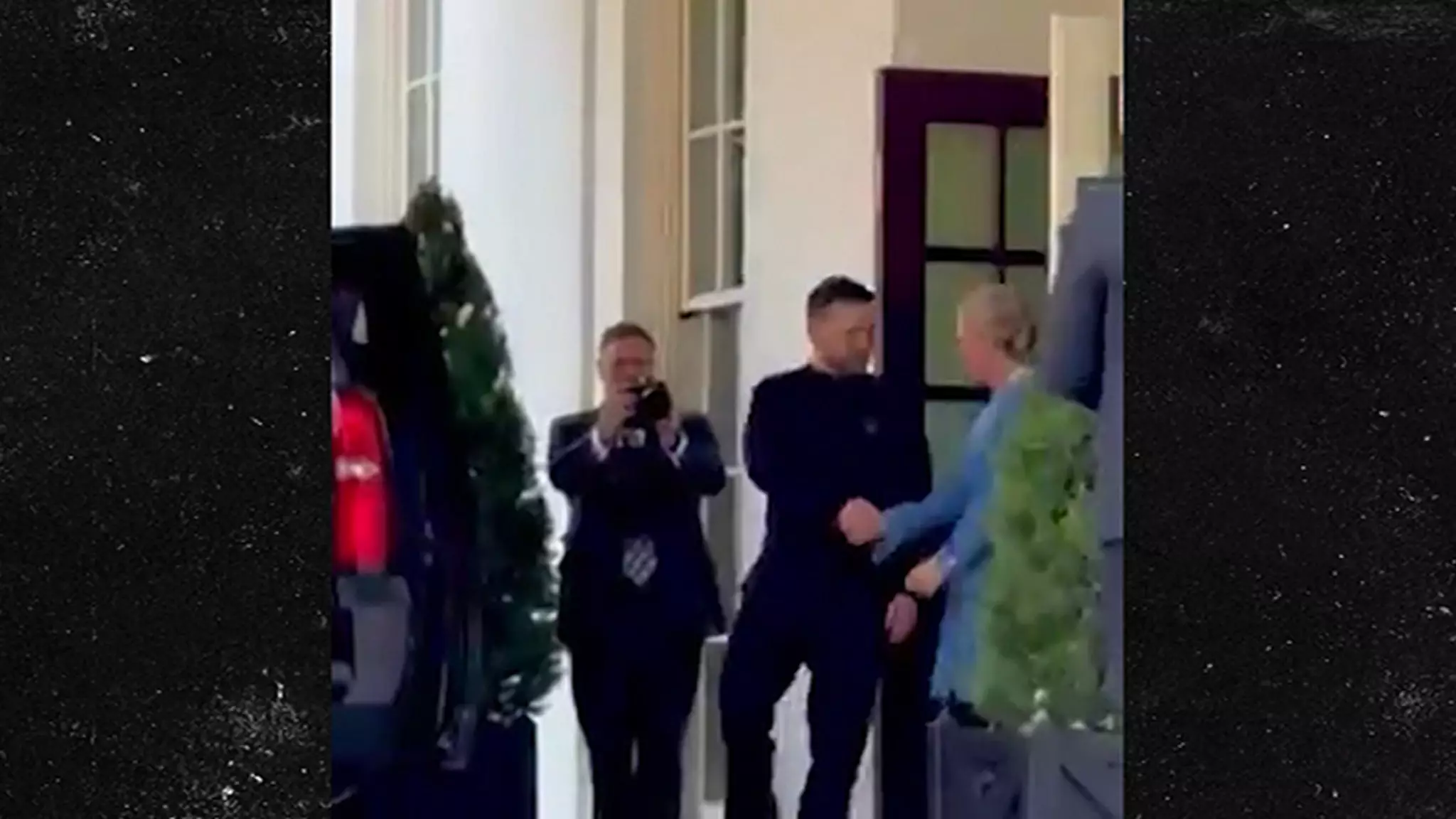In a shocking turn of events, a meeting between President Donald Trump and Ukrainian President Volodymyr Zelensky ended in turmoil, illustrating the fraught nature of international diplomacy during precarious times. The two leaders convened at the White House with hopes of striking a deal regarding Ukraine’s rare earth minerals amid ongoing tensions with Russia. However, instead of productive dialogue, the meeting swiftly spiraled into a confrontational exchange that became public spectacle, leaving many observers questioning the future of U.S.-Ukraine relations.
Disrespect and Discontent
The core of the disagreement stemmed from perceptions of respect. Reports indicate that Trump felt insulted by Zelensky’s body language during their discussion, which included dismissive gestures such as eye-rolling and shrugging. This demeanor, perceived as a lack of appreciation for American support in Ukraine’s ongoing conflict with Russia, ignited Trump’s fury. Such a reaction from the President may reflect deeper issues regarding how leaders manage diplomatic interactions, especially under pressure. The clash was not merely personal; it resonated with wider themes of accountability and the importance of maintaining diplomatic etiquette, particularly in high-stakes environments like the Oval Office.
Following the meeting, the fallout was swift. Trump took to his Truth Social platform to express his dissatisfaction, declaring that Zelensky was “not ready for peace.” This statement further exacerbated the already strained relations between the two leaders. Trump’s provocative language not only showcased his frustration but also attempted to reframe the narrative by placing blame on Zelensky instead of considering the complexities of the conflict itself. Meanwhile, Zelensky’s response on social media, where he expressed gratitude towards the U.S., highlights his attempt to maintain diplomatic ties despite the debacle. This public exchange serves as a reminder that in politics, perceptions are just as critical as realities.
Unfortunate Timing and Consequences
The volatile meeting took place during a very sensitive period, marking the three-year anniversary of Russia’s invasion of Ukraine. This timing is not insignificant, as it underscores the pressing need for a coherent and unified stance from allies. By referring to Zelensky as a “dictator” in previous remarks, Trump appeared to undermine the very partnership his visit was supposed to reinforce. The cancellation of a planned lunch after their argument exemplified the complete breakdown of communication and illustrates how quickly things can deteriorate in the realm of international relations.
As the dust settles from this diplomatic fiasco, the implications for U.S.-Ukraine relations are profound. Trust and respect, once compromised, can hinder future cooperation. Both leaders face mounting pressures as they navigate their respective political landscapes. For Trump, the need to project strength and decisiveness clashes with the need to manage relationships with foreign allies effectively. Meanwhile, Zelensky must continue to advocate for his country’s needs on the international stage, seeking support as his country endures ongoing conflict. The unfolding situation serves as a crucial reminder of the delicate nature of diplomacy — one that requires patience, understanding, and an unwavering commitment to mutual respect.

